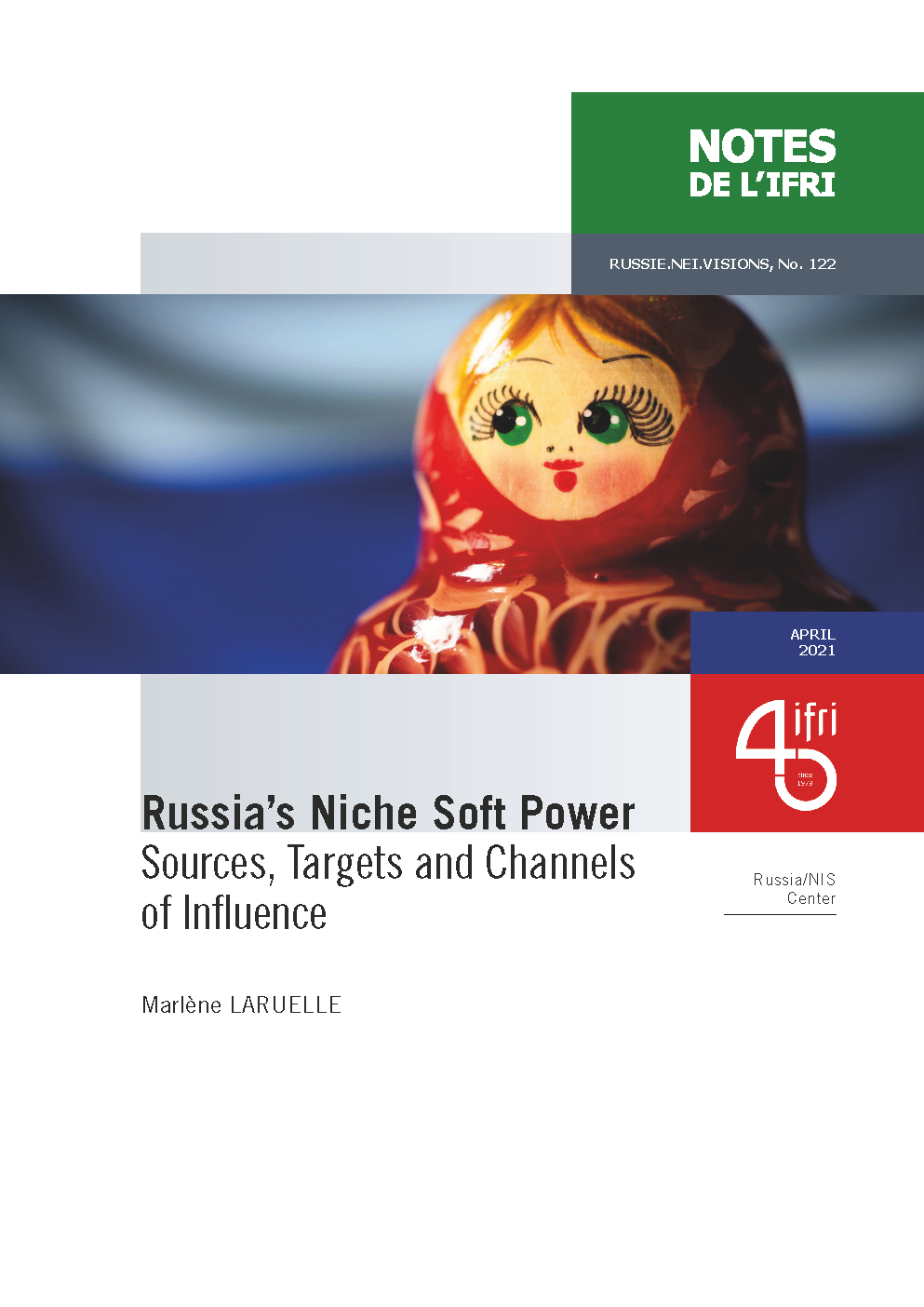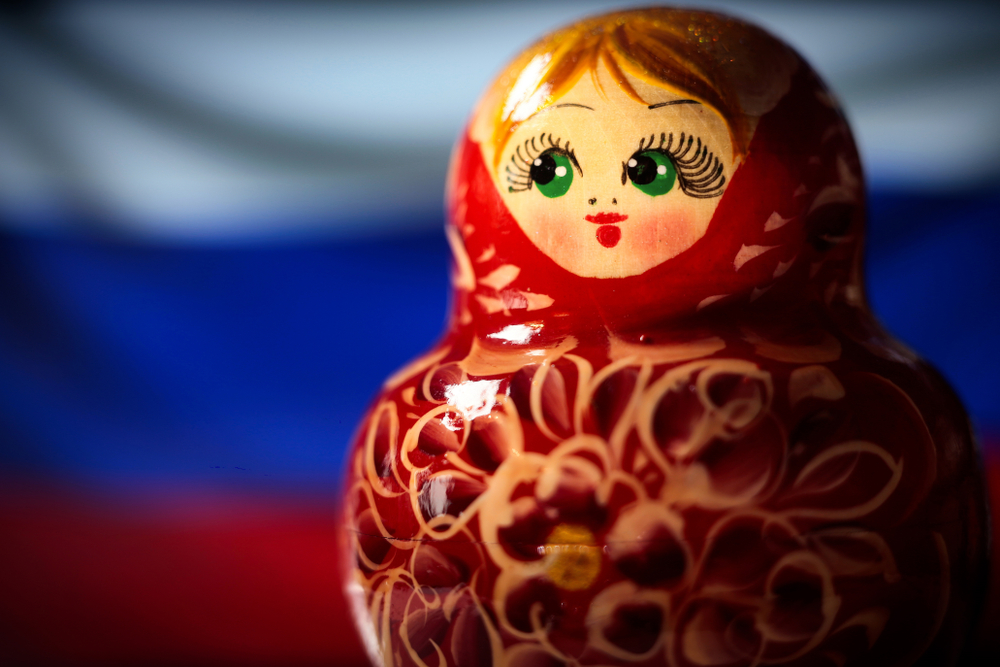Russia’s Niche Soft Power: Sources, Targets and Channels of Influence

This paper argues that Russia’s soft power should be understood as a niche soft power, microtargeting some specific audiences based on four particularisms:

- Russia’s history and culture;
- its Soviet legacy;
- its conservative and illiberal political identity today;
- its status as a joker on the international scene.
This strategy emerged as the product of Russia’s awareness of its limited outreach capacity compared to the US soft power, both financially and in terms of cultural and brand production to export worldwide. Russia’s case allows us to study the scope for a non-universalistic soft power on the international scene, and Moscow’s successes and failures at promoting conservative values as well as rebellion against the so-called liberal world order.
Marlène Laruelle is a Research Professor at George Washington University (Washington DC), Director of the Institute for European, Russian and Eurasian Studies (IERES), director of the Illiberalism Studies Program, and co-director of PONARS-Eurasia. Since January 2019, she has been an associate research fellow at Ifri’s Russia/NIS Center.
Download the full analysis
This page contains only a summary of our work. If you would like to have access to all the information from our research on the subject, you can download the full version in PDF format.
Russia’s Niche Soft Power: Sources, Targets and Channels of Influence
Related centers and programs
Discover our other research centers and programsFind out more
Discover all our analysesThe Caspian Sea as an Emerging Energy Hub : Potentials and Limitations
This report analyzes the prospects of the Caspian Sea region — and its key actors except for Russia and Iran — becoming an important energy hub serving the needs of the European Union (EU).
The European Union's Strategic Test in Georgia
The political crisis brewing in Georgia is of an existential nature for the country. What is at stake is Georgia's future as a democratic and sovereign European nation (EU).
Commanders of Putin's Long War: Purged, Reshuffled and Disgruntled
The trend of reshuffling the Russian top military command in the course of a fast-evolving and far from successful war has progressed unevenly both across the Armed Forces’ structures and in time. The rationale for and timing of the abrupt cadre decisions made by Commander-in-Chief Putin often defy logical explanation, and the rare official clarifications are no more informative than the usual information blackout.
Russian Military Manpower After Two and a Half Years of War in Ukraine
In addition to a military victory in Ukraine, the Russian leadership is planning to build up sizable troop formations for a possible conflict with NATO in the Baltic region and the Kola Peninsula. In particular, current plans aim for the military manpower to grow by about 350,000, reaching a total of 1.5 million soldiers and commanders. In the context of the current conflict in Ukraine, this cannot be accomplished without a new wave of mass mobilization.











